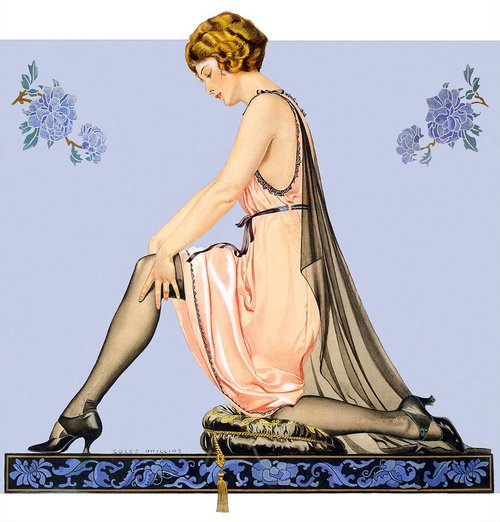
See Part I here, Part II here, and Part III here, Part IV here and Part V here.
VI.
Then Myrtle. I have always blamed myself for that accident because had I not swapped cars it would not have happened. But if I hadn’t exchanged cars on the way to Manhattan I might have wondered after reading Carraway’s version of events if Daisy had been in fact behind the wheel. The inquest, to be sure, never even considered that possibility, none of the eyewitnesses noticed a woman driver, and if Gatsby really did take over the wheel after Myrtle was struck he certainly made no effort to return honorably to the scene. Instead, he headed straight to his house along back roads and hid the car as any coward guilty of a hit-and-run homicide would do. I never thought Gatsby ran her over on purpose; what I could not forgive was his running away.
To my surprise, Gatsby’s car was harder to drive than I expected. I’m an experienced driver but it took me a while to adjust to the transmission. Before I suggested swapping, I’d asked Gatsby if it was “standard shift” and he claimed it was. But as Carraway observes in the memoir I had some trouble with the “unfamiliar gears.” Now if I had difficulty, why indeed would Daisy, who never liked to drive and would avoid it whenever possible, suggest—as Gatsby apparently told Carraway while hiding in our driveway—that after the two of them left the Plaza Hotel she needed to drive to steady her nerves? She never would have been able to handle those gears—or brakes—and who in God’s name would ask to drive a huge unfamiliar car through New York City’s evening traffic in order to steady their nerves?
No, Daisy never drove that car and it is utterly implausible to think so. An outrageous and notorious liar is the only person who says she did. And yet, Carraway believed him, as have all the thousands upon thousands of his readers since.
Over the years I’ve asked myself a single question, again and again. I have no good answer for it. The question is: why did Carraway allow himself to be duped by Gatsby? Why did he come to believe that, despite our faults, a duplicitous, vicious imposter was morally superior to Daisy and me, presumably his old friends? Was it merely Gatsby’s money? Surely, so many of us at that time on Long Island had bigger fortunes and those more or less honestly earned. Was it his ostentatious manner? Carraway may have been a sly fox but he wasn’t crass or pretentious. Was it his aura of mystery? Carraway...
You have reached your article limit
Sign up for a digital subscription and continue reading all new issues, plus our entire archives, for just $1.50/month.
Already a subscriber? Sign in




